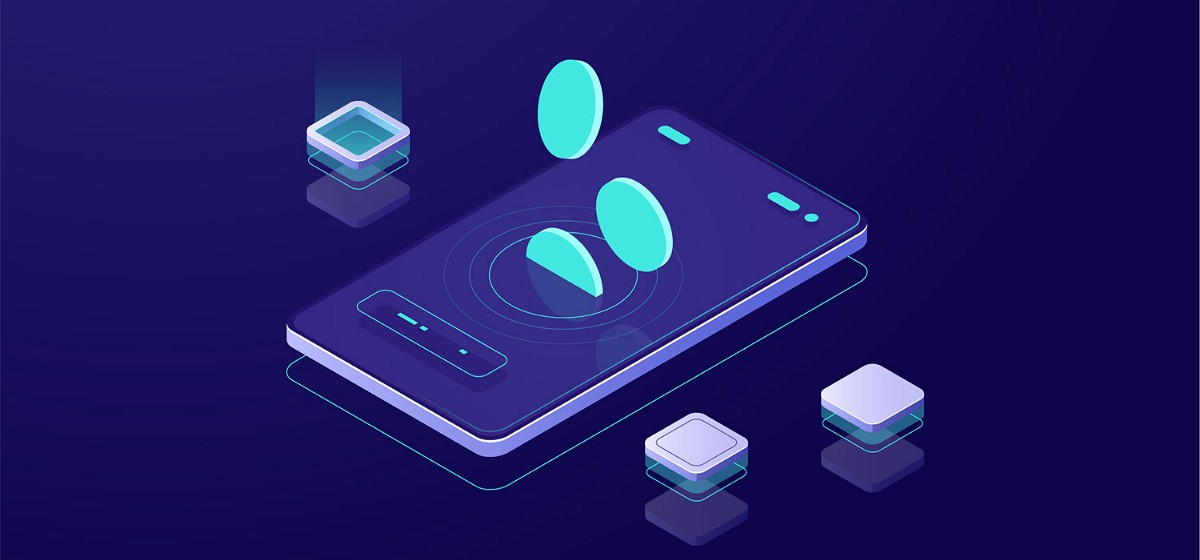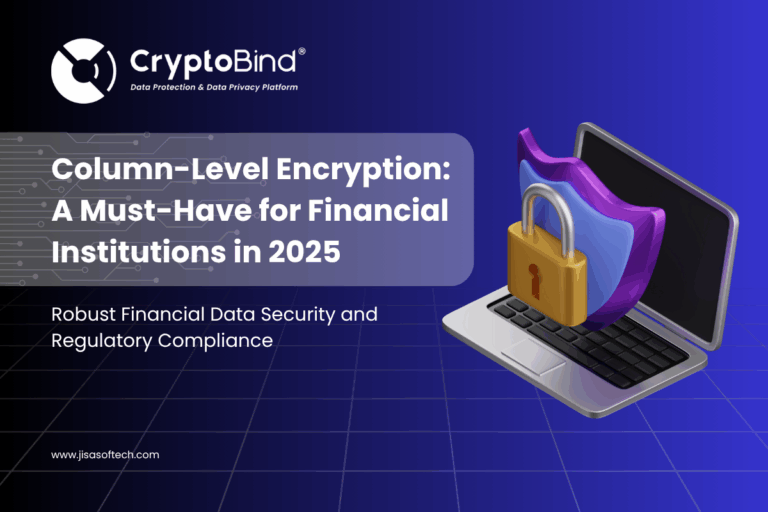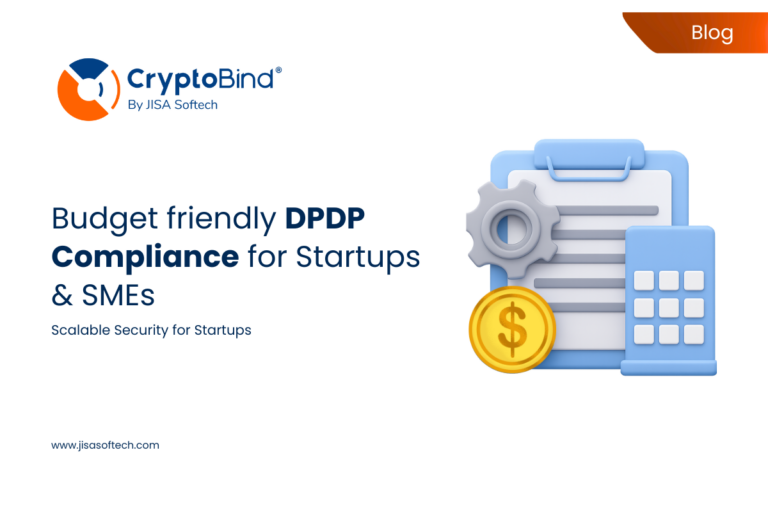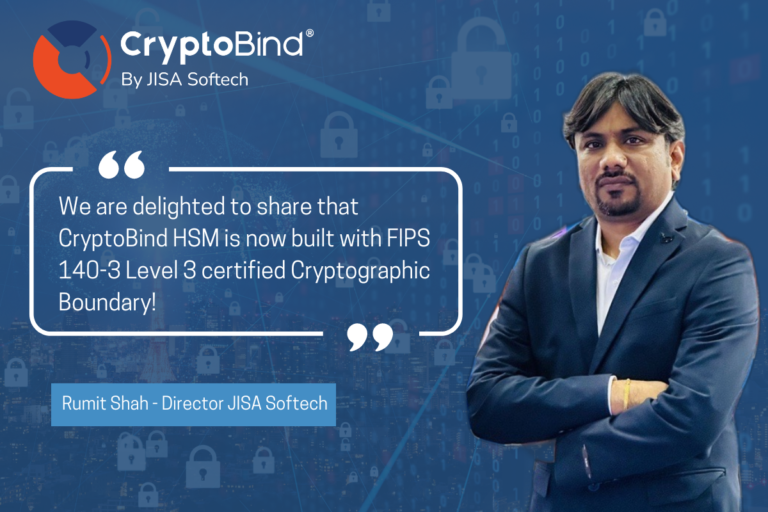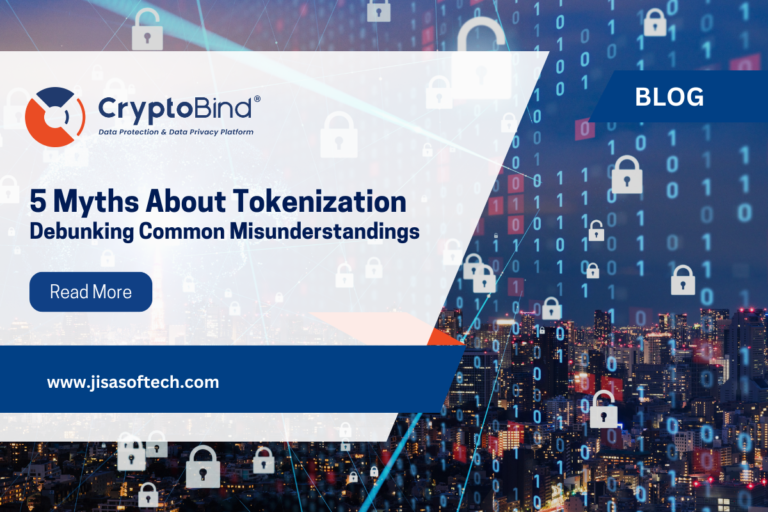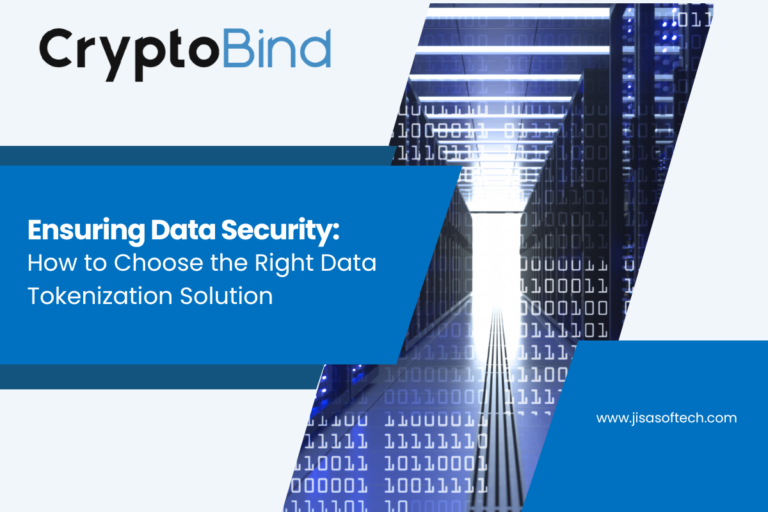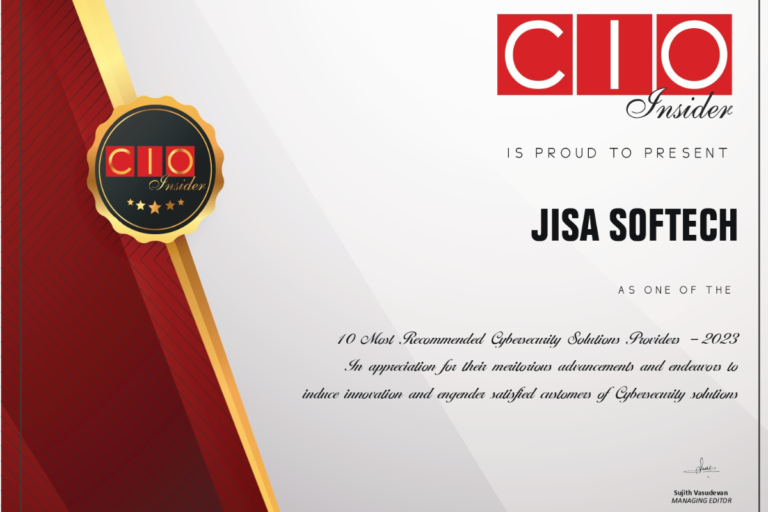Is tokenization right for your organization?
What is tokenization?
Tokenization is the process by dividing the quantity of text into smaller parts called tokens. Alternatively, Tokenization is the process of breaking up the given text into units called tokens. The tokens may be words or number or punctuation mark. Tokenization does this task by locating word boundaries.
Tokenization is the process of replacing sensitive data with unique identification symbols that retain all the essential information about the data without compromising its security.
One of the most widespread uses of tokenization today is in the payments processing industry. Along with it, can be used with sensitive data of all kinds including bank transactions, medical records, criminal records, vehicle driver information, loan applications, stock trading and voter registration.
Payment card industry (PCI) standards do not allow credit card numbers to be stored on a retailer’s point-of-sale (POS) terminal or in its databases after a transaction. In such a scenario, the service provider issues the merchant a driver for the POS system that converts credit card numbers into randomly-generated values (tokens).
Why is it required?
- Tokenization makes it more difficult for hackers to gain access to cardholder data
- Risk reduction
- Improve the Security of Your Sensitive Data.
- Safely Exchange Data.
- Simplify Your Compliance.
- Financial Data Security
- Internet Protection
What are the Types of tokenisation?
There are many ways that tokens can be classified however there is currently no unified classification. Tokens can be: single or multi-use, cryptographic or non-cryptographic, reversible or irreversible, authenticable or non-authenticable, and various combinations thereof.
The three main types of tokens are:
- Security token / Asset token (FINMA)
- Utility token (SEC) / Utility token (FINMA) and
- Cryptocurrencies (SEC) / Payment tokens (FINMA)
In the context of payments, there are two types:
- High-value tokens (HVTs)
- Low-value tokens (LVTs) or security tokens
How does tokenisation work?
Tokenization replaces live data with tokens. Its intention is to minimize the amount of exposed data. It can be done with various applications. Instead of using data, system generates a token (string of numbers).
Is tokenisation right for your organisation?
If you’re handling any sort of sensitive data then you should definitely use tokenization to reduce risk and secure data.
JISA’s Tokenization Solution
JISA offers Vaultbased Tokenisation and Vaultless Tokenisation. Vaultbased tokenization allow you to retain elements of the original data, such as the first six or last four numbers of credit card, primary account number (PAN), National ID, etc.
A key benefit of vaultless tokenization is reduced latency, which results in a more responsive platform.
Features:
- Allow applications to tokenise and replace sensitive data with token values.
- Application integration using either a SOAP or RESTful webservice (XML or JSON).
- Flexible policies allow tokens to preserve the format of the input data.
- Full auditing of all user access and client application operations.
- All operations can be single or bulk requests.
- Supports PostgreSQL, MySQL , MSSQL and oracle database
Advantages:
- Secure sensitive information
- Business to Business (B2B) data sharing benefits
- Reduce risk of data loss (redundant/archival storage)
- Safely exchange data
- PCI, HIPAA, GDPR, Privacy Shield, etc. compliance
- Reduce risk of data theft

